Description
The Plant
The Chinese chestnut, also known as the Wilson chestnut, is an exceptional tree that is still particularly rare in Europe. Indeed, AESCULUS wilsonii starts spring off with a bang by producing impressive purple shoots. As they unfold, the exotic-looking leaves have a robust texture and then turn green while retaining red veins. Then, the very dense foliage of this horse chestnut tree will be entirely green during the summer without roasting as many horse chestnut trees do. Finally, in autumn, the leaves turn a beautiful orange-yellow color as the final fireworks. The Chinese horse chestnut forms an overall rounded and balanced silhouette with a dense canopy. This type species is very vigorous and grows quite quickly. In summary, it is a plant jewel combining beauty, vigor and elegance, which makes it particularly appreciated by collectors. To view all chestnut trees currently available for sale, please click here.
How to plant and care for AESCULUS wilsonii?
The planting
- The Wilson’s horse chestnut tree will thrive in partial shade or full sun.
Since it is a tree, plant it in an isolated spot. - The location can be humid or moderately humid with an acidic, neutral or calcareous pH.
- It grows in light, normal or heavy soil.
- For proper planting hole preparation, follow our specific instructions available here.
Caring
As this is a very vigorous plant, no special maintenance is required. If you need to prune the Chinese horse chestnut tree, do it in January or February before new growth begins. Read also our tips on how to water well and save water here.
History and Origin
AESCULUS wilsonnii is endemic to China, particularly Yunnan. Wilson’s chestnut is very close to A. chinensis and A. chekiangensis with similar morphologies. In its country of origin, it is greatly appreciated for its medicinal and ornamental qualities.

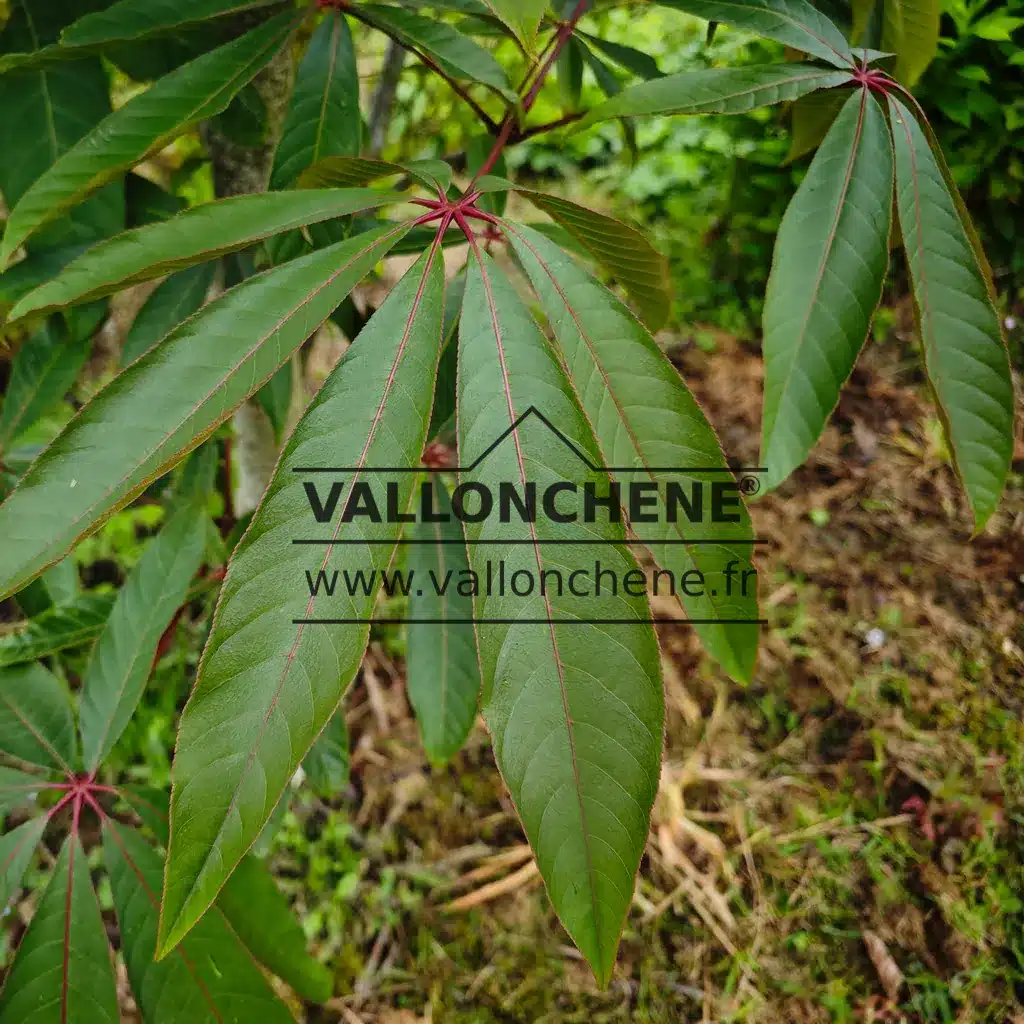
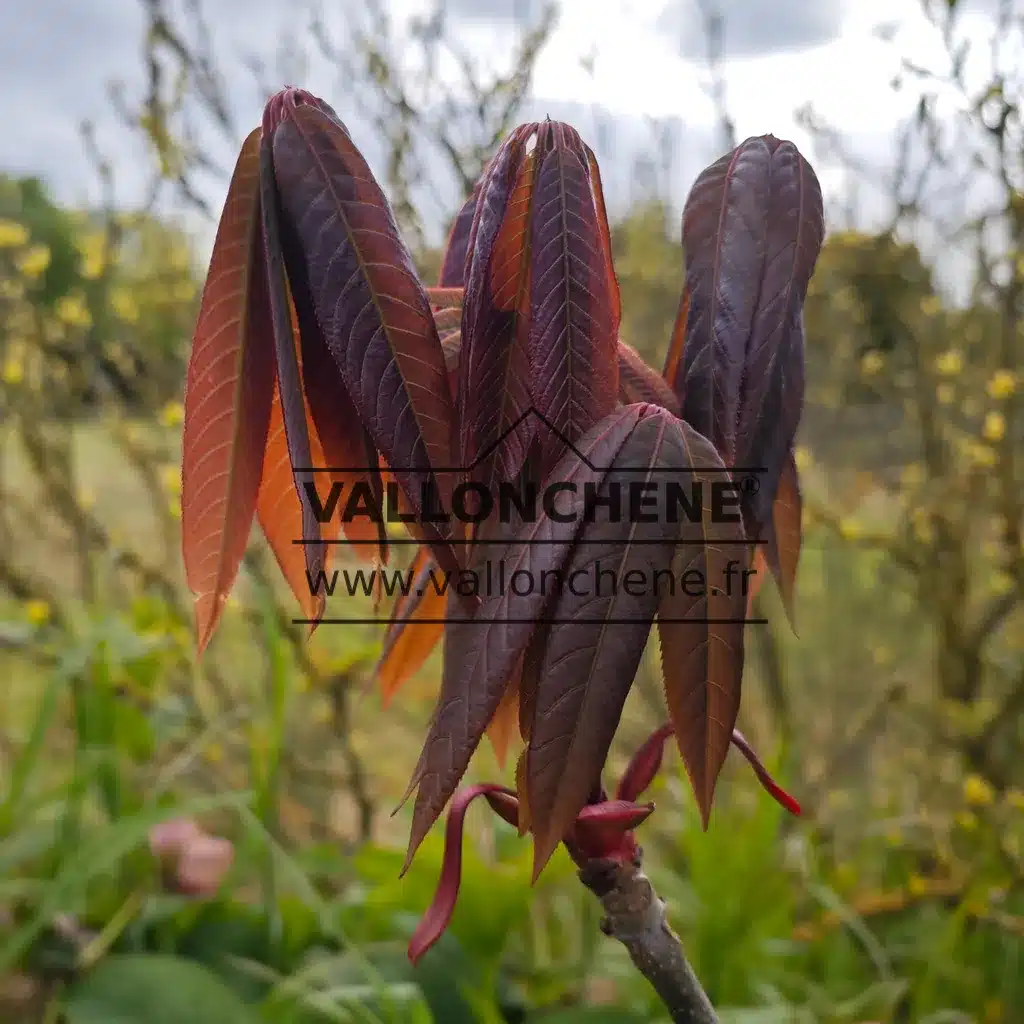
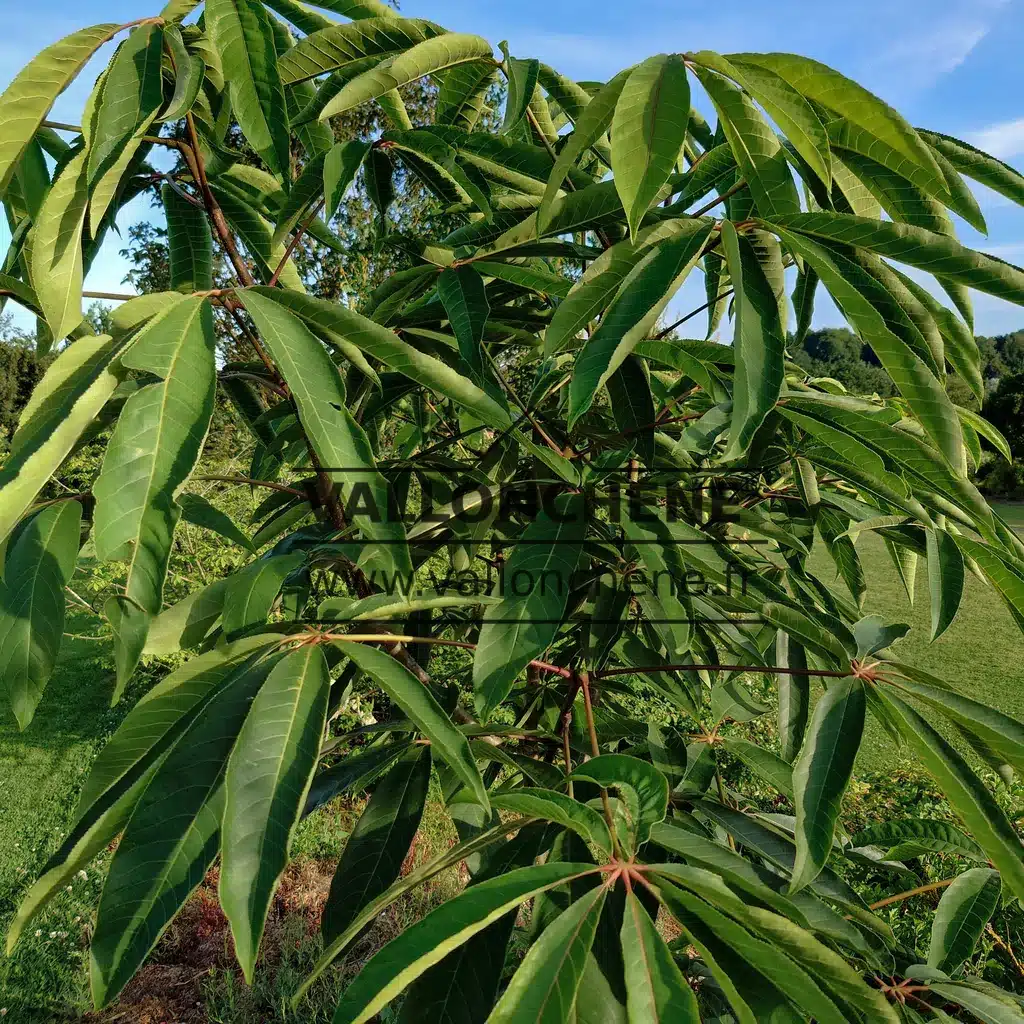

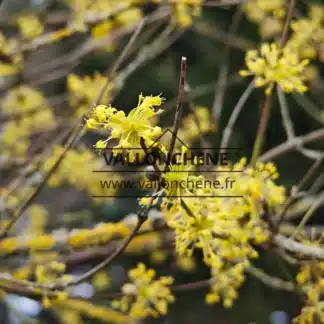
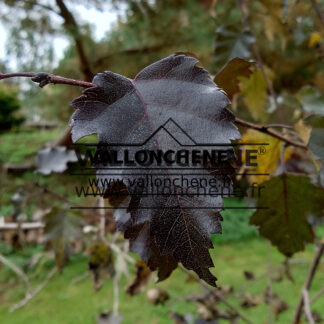



Reviews
There are no reviews yet.